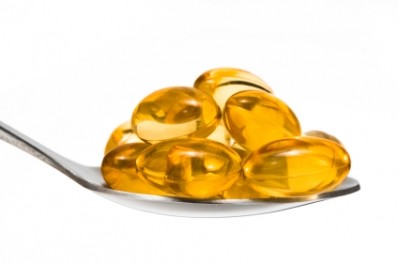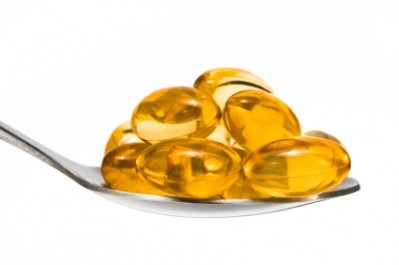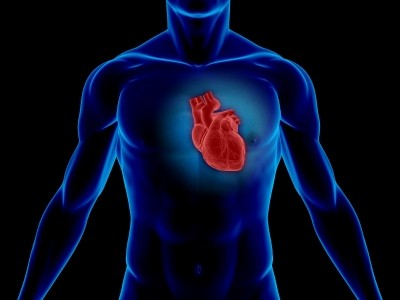High-dose vitamins and minerals offer no benefit for recurrent 'cardiac events'

The new study data, which is as yet unpublished but was presented at the American College of Cardiology's 62nd Annual Scientific Session, suggests that heart attack patients who are given a combination of high-dose oral vitamins and minerals do not show significant reductions in recurrent cardiac events.
The results comes from the NIH-funded Trial to Assess Chelation Therapy (TACT) study, for which previous results have shown that when combined with active chelation therapy, such high-dose supplements can offer additional benefits.
"We did not see a significant benefit of vitamins alone for patients who had a heart attack," said lead author of the study Dr Gervasio Lamas, from Columbia University Mount Sinai Medical Center.
"Interestingly, patients who received both high dose vitamins and active chelation compared to placebo of both appeared to have additional benefit," he said, noting that more research is required to understand why vitamin and mineral supplements offer no benefit on their own but do offer additional benefits when coupled with chelation.
Study details
The TACT study tested the safety and effectiveness of both EDTA chelation therapy and high-dose vitamin and mineral supplements in a group of 1,708 individuals with prior heart attacks.
The participants were split to receive one of four patterns of treatment: active chelation plus active oral vitamins, active chelation plus placebo oral vitamins, placebo chelation plus active oral vitamins, or placebo chelation plus placebo oral vitamins.
Since 1956, alternative medicine practitioners have used EDTA chelation to treat cardiovascular disease.
Chelation therapy involves multiple intravenous infusions of a synthetic amino acid called EDTA, which binds to certain minerals and metals, including calcium, lead and cadmium. The practice has been used as a way to treat cardiovascular disease by some alternative therapists.
Lamas and his colleagues, said that this 2 x 2 factorial design allowed them to clarify the independent contributions of each treatment.
Over the four years of follow-up, the active/active arm had 108 (26%) events and the placebo/placebo arm had 139 (32%) events—a statistically significant difference.

















